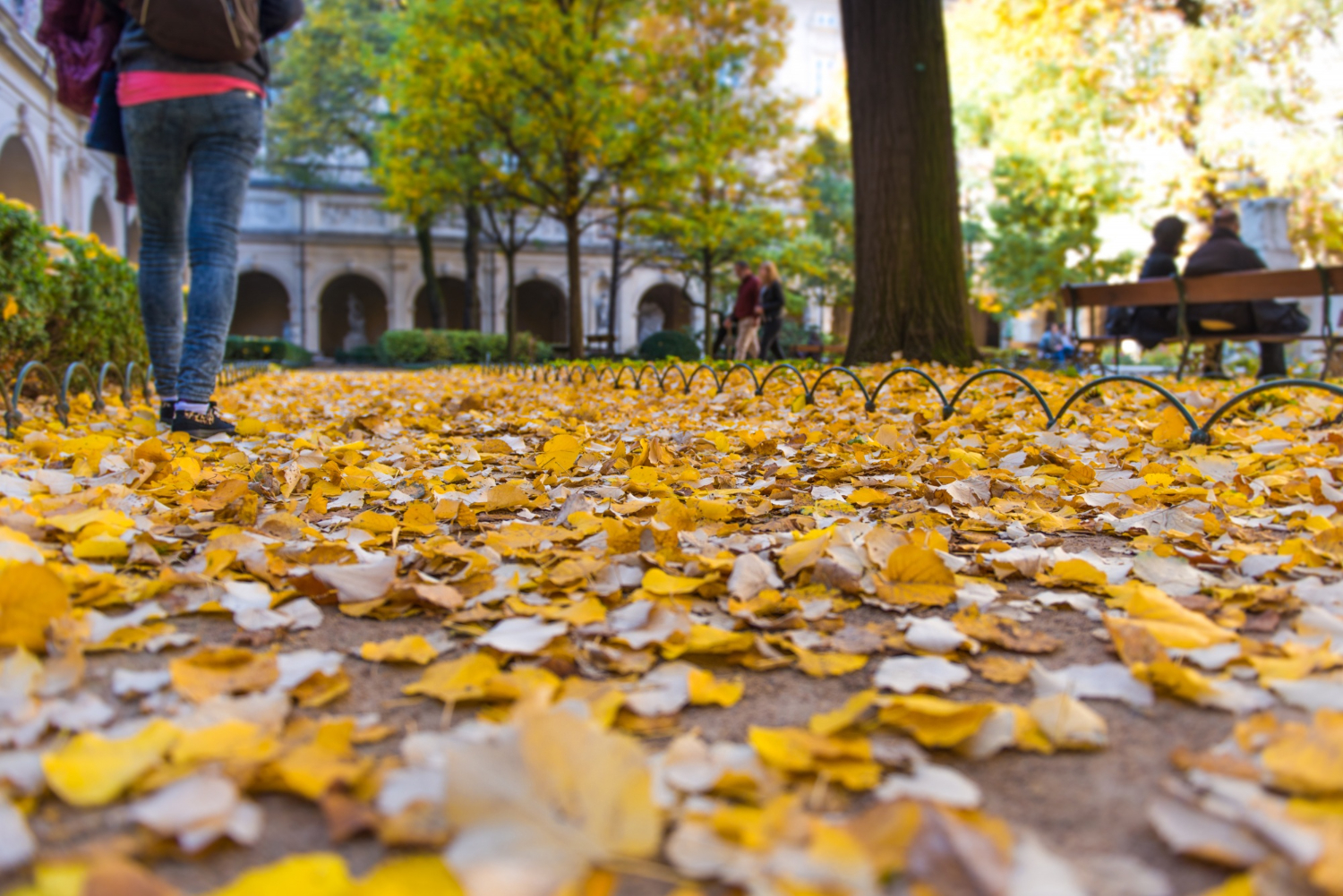Yard work feels simple until a notice shows up on the door. Cities write rules to keep block life safe and the storm system working, and many of those rules touch the front lawn long before a remodel or new fence. The details vary, but the themes repeat: keep water and debris out of the street, protect trees, and leave public paths open. Here are common weekend tasks that can trigger fines, and the small adjustments that prevent headaches and hearings.
Letting Grass And Weeds Get Too Tall

Cities often cap grass and weed height, commonly around 8–12 inches, and treat neglected yards as public nuisances. Tall growth harbors pests, blocks sightlines, and drifts seeds onto neighboring lots, so inspectors write warnings that turn into fines if nothing changes. The rule usually covers curb strips and alleys as well as front yards. Regular mowing, edging near sidewalks, and clearing fence lines keeps a property compliant, and shows the block that maintenance is being taken seriously.
Blowing Leaves Or Clippings Into The Street
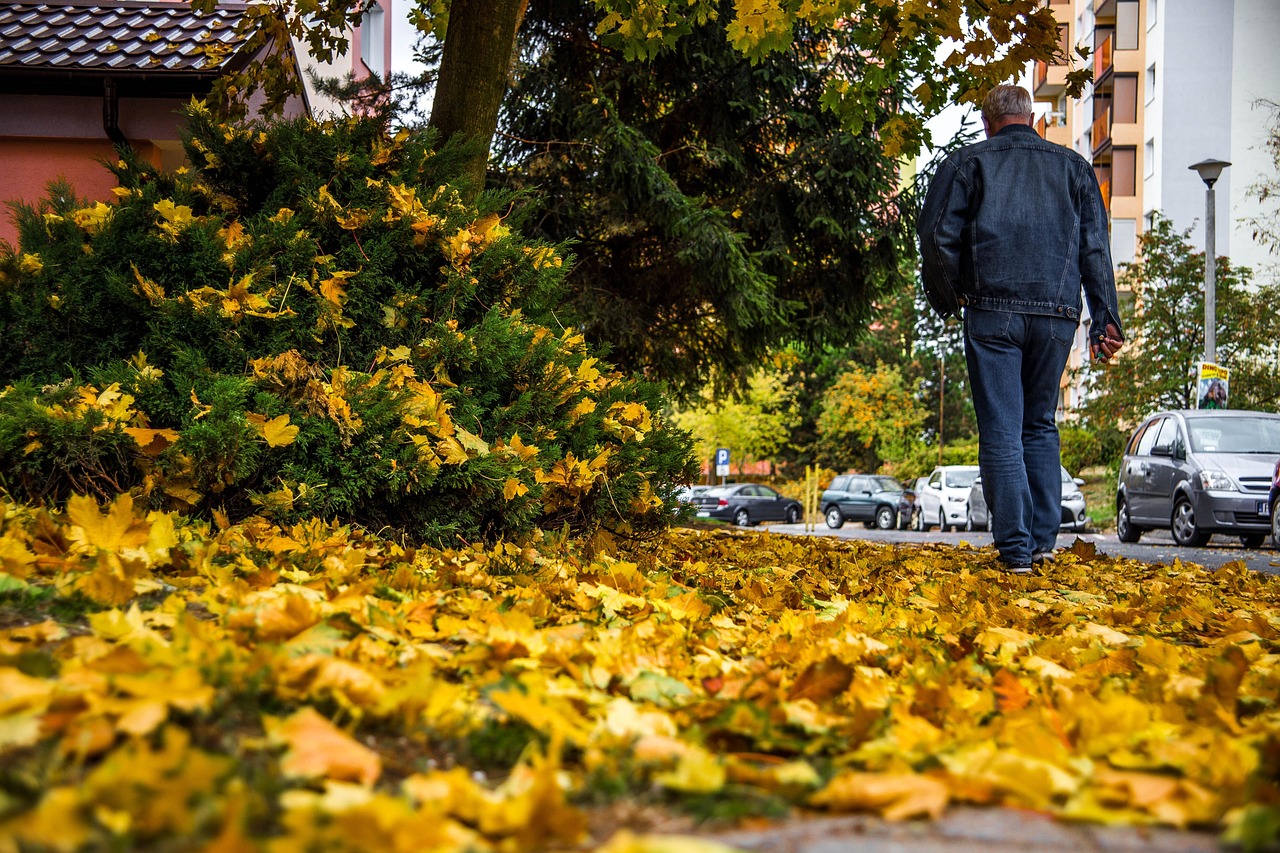
Sending leaves or clippings into the street looks harmless, but many cities classify it as illegal dumping because debris clogs storm drains and fuels algae in local creeks. Crews measure compliance during fall sweeps and after heavy rain, then bill property owners for cleanup when gutters flood. The prohibition usually includes sweeping piles into catch basins or piling bags on medians. Bagging, composting, or using city green bins keeps runoff clear and avoids citations when storms hit.
Breaking Watering Rules Or Causing Runoff

Landscape watering rules change with drought stages, but one constant shows up everywhere: no irrigation runoff across sidewalks or into the street. Sprinklers that spray at midday, run on banned days, or leak onto pavement draw quick attention during summer patrols. Cities also restrict broken heads and hoses left running. Fixing aim, adding drip near beds, and watering before sunrise reduces waste, protects concrete from slime and ice, and keeps a household off the enforcement radar.
Pruning Or Removing Street Trees Without A Permit
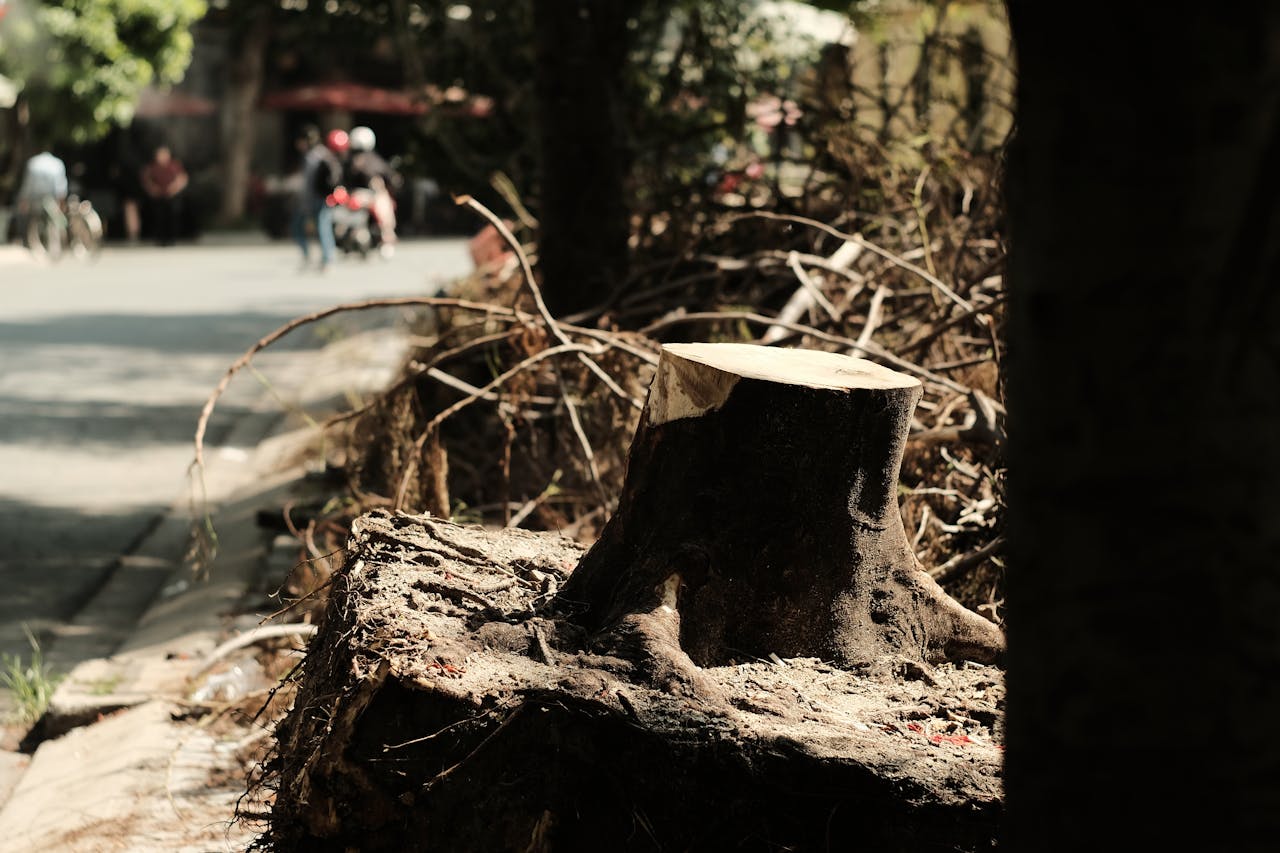
Street trees live in the public right of way, even when a homeowner mows around them, and most cities require permits for pruning, planting, or removal. Cutting major limbs without approval can earn steep fines, especially near power lines or historic districts. Damage to root zones from soil piles or paving also triggers penalties. Coordinating with the urban forestry office protects canopy health, reduces liability if a branch falls, and often comes with free advice on species and timing.
Blocking Sidewalks Or Corner Sightlines
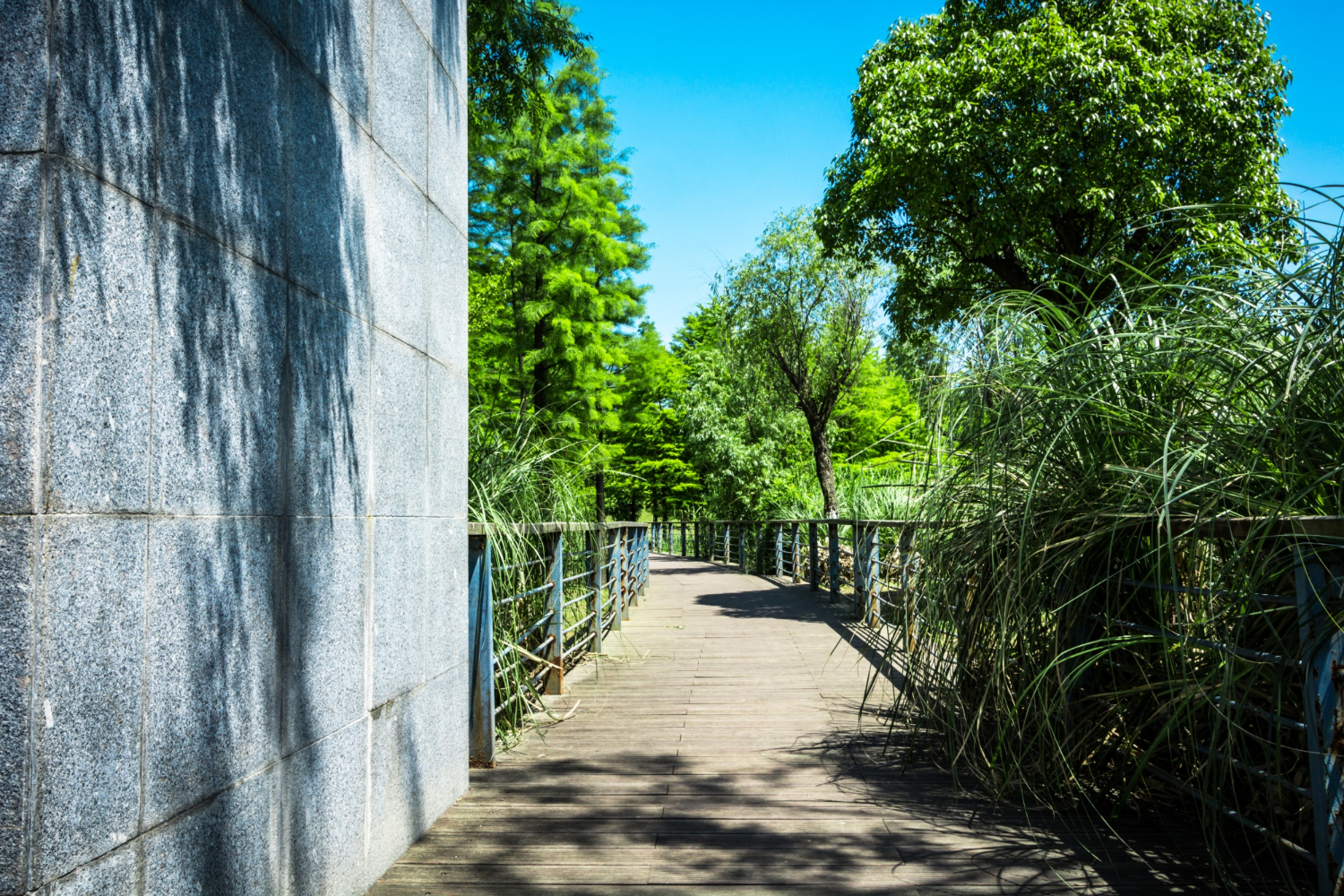
Sidewalks and corner sight triangles must remain clear. Overgrown hedges, leaning fences, decorative boulders, or trash carts stored long term in the public way can block wheelchairs, push pedestrians into traffic, and violate accessibility standards. Many codes set a height limit for plants near driveways and require a full, unobstructed path. Trimming back to the property line, relocating planters, and rolling bins behind the setback keeps paths safe, and prevents citations after complaints.
Burning Leaves Or Brush Inside City Limits
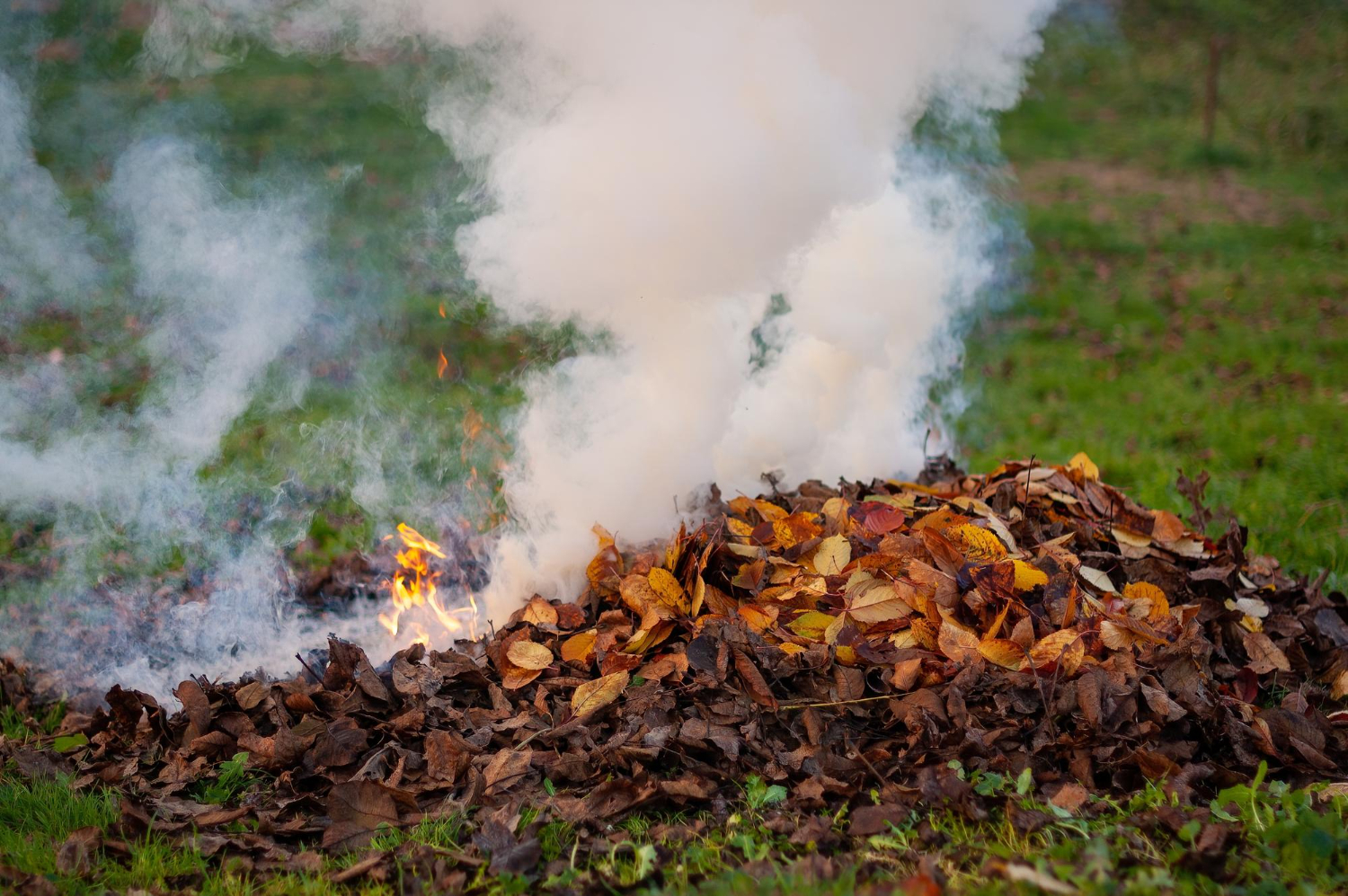
Open burning of leaves or brush is often illegal inside city limits, and seasonal burn bans extend that rule when air quality drops. Smoke drifts across streets, triggers asthma, and obscures drivers, so enforcement arrives fast on dry, windy days. Fines rise if sparks ignite a fence or a neighbor’s mulch bed. Bagging, mulching, or using curbside yard waste service solves the disposal problem, and keeps fall weekends focused on raking, not explaining a smoky fire.
